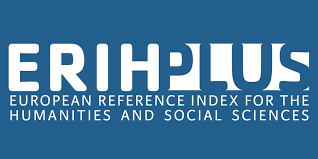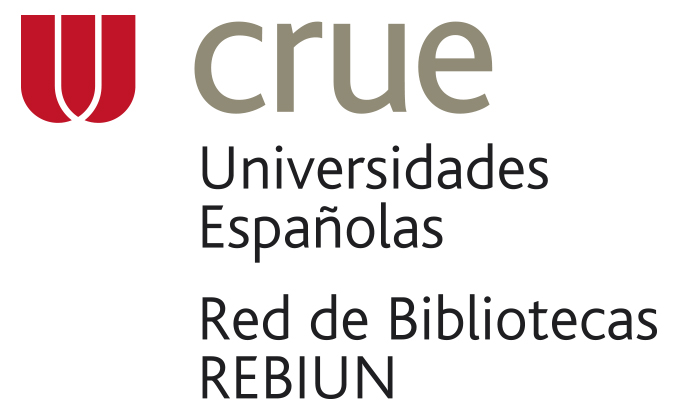From the fruitful dialogue «faith-reason» from the scholastic to the idea of a mechanistic universe
DOI:
https://doi.org/10.21703/2735-634520192121804Keywords:
Metaphysics of Being; Scholasticism; Nominalism; Protestantism, DeismAbstract
The relationship between faith and reason was forged from the beginning of theological knowledge. This mutual understanding produced great fruits from the analogy with the world to the idea of God. Without a doubt, Saint Thomas Aquinas began a path of mutual enrichment that continues to this day. From this perspective, the Trinitarian image of God reached a remarkable depth and understanding from a reason that tried to better understand the revealed data. This fruitful relationship is broken with the entry of the nominalist philosophy that strengthens extreme fideism and ends with Protestantism. The progressive absence of metaphysical knowledge leads to mechanistic positions of the created universe and reaffirms the idea of a diffuse pantheistic God in creation. The current secularization and the suspicious look at theology have their most immediate consequences in this reality.
Downloads
References
Abbagnano, N., Historia de la filosofía Vol. 1, Hora, Barcelona 1981.
Arendt, H., Existencialismo y compromiso, RBA, Barcelona 2012.
Artigas, M., Ciencia, razón y fe, Eunsa, Pamplona 2011.
Ayllón, J. R. – Conesa, F., El eclipse de Dios, Palabra, Madrid 2012.
Casanova, J. V., Genealogías de la secularización, Anthropos, Barcelona 2012.
Cerezo, J. J. & P. J. Gómez, Jóvenes e Iglesia, SM, Madrid 2005.
Copleston, F., Historia de la filosofía II, Ariel, Barcelona 1974.
Forment, E., Historia de la filosofía II. Filosofía medieval, Palabra, Madrid 2004.
Ganoczy, A., La Trinidad creadora. Teología de la Trinidad y sinergia, Secretariado Trinitario, Salamanca 2005.
García-Villoslada, R., Martín Lutero I, BAC, Madrid 1976.
Garrido, J. J., Pensar desde la fe, Edicep, Valencia 2005.
Guitton, J., Mi testamento filosófico, Encuentro, Madrid 2009.
Juan Pablo II , “Carta encíclica Fides et ratio (14.09.1998)”, en: AAS 91 (1999), Editrice Vaticana, Vaticano 1999.
Lorda, J. L., Antropología Teológica, Sal Terrae, Santander 2013.
MacIntyre, A., Historia de la ética, Paidós, Barcelona 1988.
Melina, L., “Actuar por el bien de la comunión”, en: Melina, L. – Noriega, J. – Pérez-Soba, J. J. (coords.), La plenitud del Obrar Cristiano. Dinámica de la acción y perspectiva teológica de la moral, Palabra, Madrid 2002, 379-401.
Newman, J. H., Discursos sobre el fin y la naturaleza de la educación universitaria, Eunsa, Pamplona 2011.
Pero-Sanz, J. M., Ateísmo hoy, Palabra, Madrid 1980.
Ratzinger, J., Fe y ciencia, Sal Terrae, Santander 2011.
_____, Ser cristiano en la era neopagano, Encuentro, Madrid 2006.
Ricardo de San Víctor, La Trinidad, Sígueme, Salamanca 2015.
Ruiz de la Peña, J. L., Imagen de Dios, Sal Terrae, Santander 2011.
Santo Tomás de Aquino, Summa Contra Gentiles, Madrid, BAC, 2007.
_____, Summa Theologiae. Prima Pars, Madrid, La Editorial Católica, 1961.
Taylor, Ch., Las fuentes del Yo, Paidós, Barcelona 2006.
Udías Vallina, A., Ciencia y religión, Sal Terrae, Santander 2010.
Downloads
Published
Issue
Section
License

This work is licensed under a Creative Commons Attribution-NonCommercial 4.0 International License.
The Anales de Teología is an open access journal and does not charge for publication. In addition, it regulates its Copyright and access policy according to the Creative Commons Attribution-NonCommercial 4.0 International Public License (CC BY-NC 4.0), therefore sharing (reproducing and distributing the material in any medium or format) and adaptation (modifying, transforming, and creating from the material) is allowed as long as proper credit is given and the citation is included with the corresponding data. Moreover, it is not allowed to use the material for commercial purposes.




















